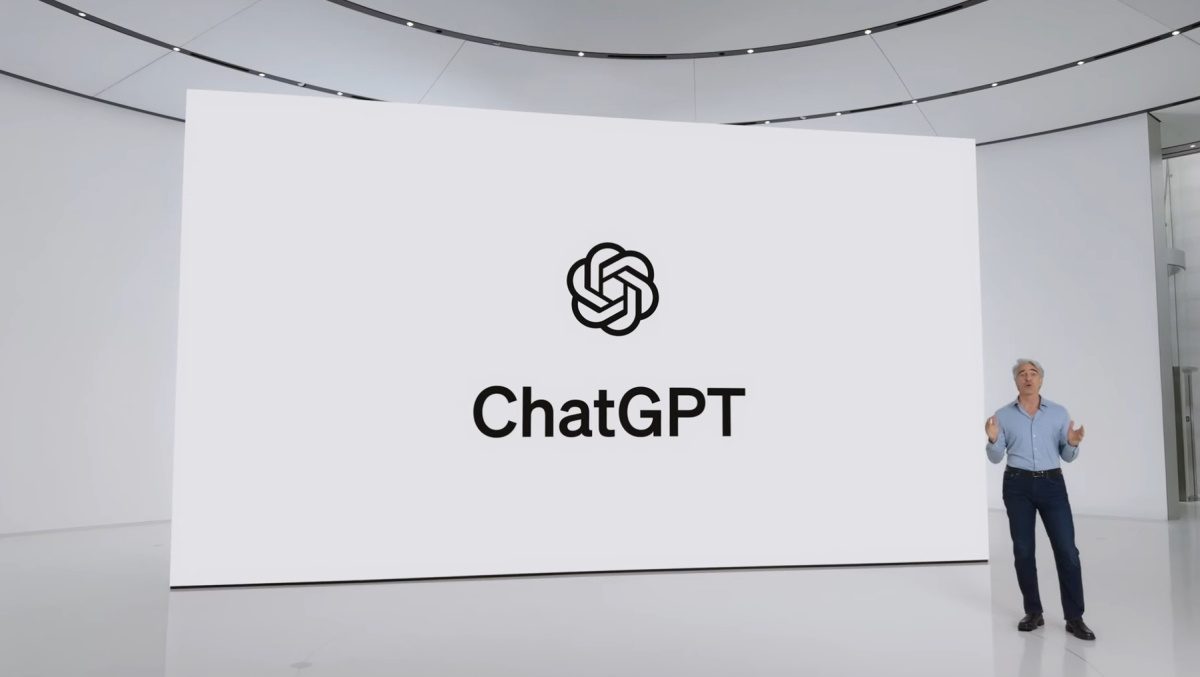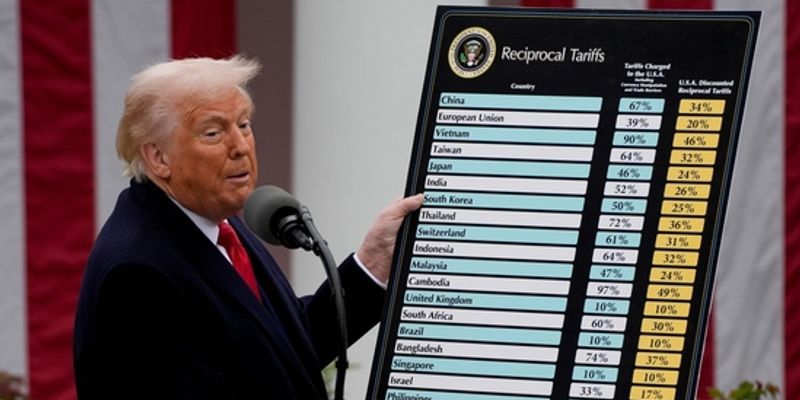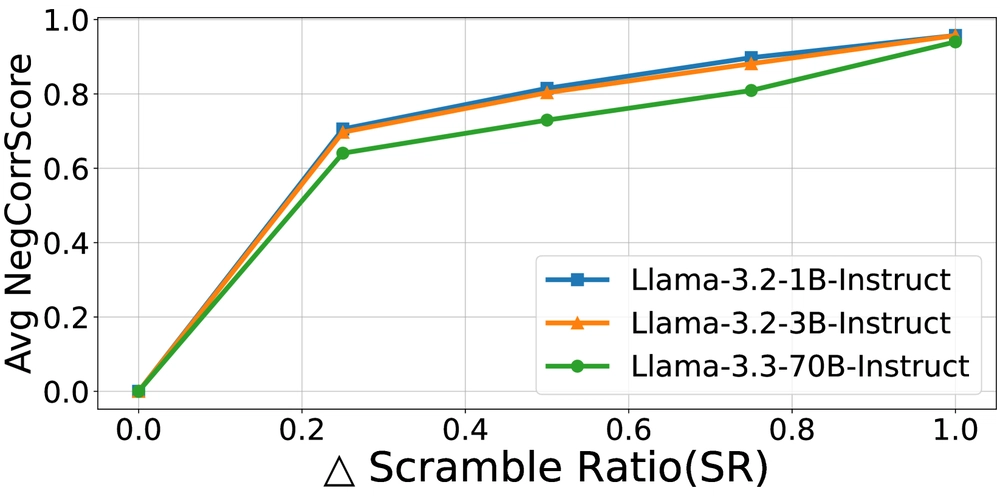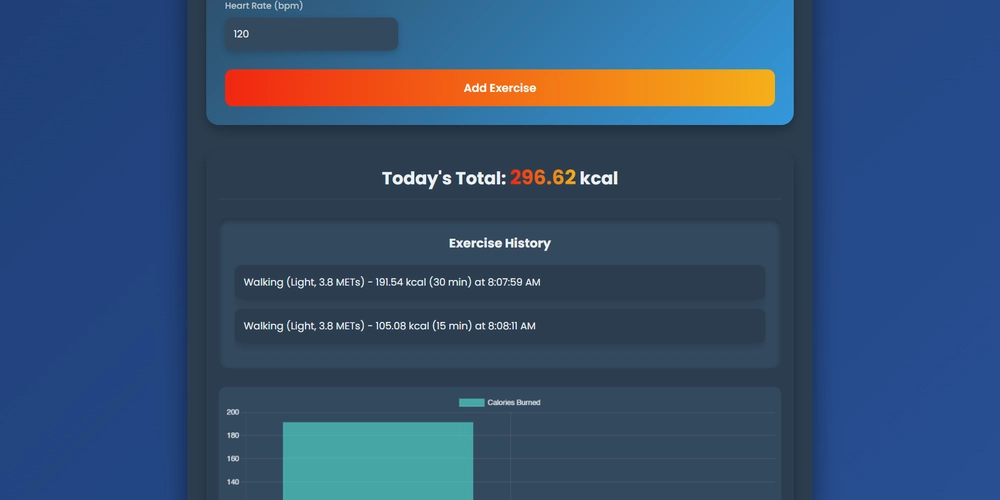Gitcoin Funding Rounds: Empowering the Open Source Ecosystem
Abstract Gitcoin Funding Rounds are revolutionizing the way the open source ecosystem is financed. By leveraging blockchain technology and innovative mechanisms such as Quadratic Funding, these rounds provide scalable, community-driven solutions for software developers. In this post, we explore the history, mechanics, key features, applications, challenges, and the future outlook of Gitcoin funding rounds. We will discuss how they empower developers, encourage diversity, and build resilient open source communities while integrating smoothly with emerging technologies like blockchain and DeFi. Using structured data, bullet lists, and authoritative links throughout the post, we shed light on why Gitcoin has become a catalyst for open source innovation. Introduction Open source technology is the backbone of the modern digital age. It powers everything from simple web applications to complex enterprise systems. Yet, one of the longstanding challenges has been funding and sustaining these projects. Gitcoin Funding Rounds have emerged as a breakthrough solution, offering both crowdfunding and grants powered by blockchain finance. This mechanism is not only transforming developer support but is also redefining sustainable funding models in technology. In this article, we take a deep dive into Gitcoin’s funding rounds, discuss their core concepts (such as Quadratic Funding), and highlight how these initiatives spark community growth and open source innovation. Background and Context The Genesis of Gitcoin Gitcoin was founded in 2017 by Kevin Owocki with the goal of addressing the financial hurdles faced by independent open source developers. Before Gitcoin, most open source projects struggled with inconsistent funding, often relying on donations, sporadic grants, or corporate sponsorships that came with strings attached. Gitcoin’s model disrupts these traditional funding methods by leveraging decentralized finance (DeFi) alongside a transparent funding mechanism. Developers on Gitcoin apply for grants during scheduled funding rounds. With funding sourced from sponsors, community donations, and even blockchain-backed identities, Gitcoin channels funds into projects that have broad community support rather than merely relying on large, isolated donations. Definitions and Ecosystem Context Open Source Funding: The process of allocating financial resources to support the development and maintenance of open source software. Quadratic Funding: A mathematical and democratic funding mechanism designed to amplify the voice of community support. It matches small contributions with larger funds from a designated matching pool. DeFi (Decentralized Finance): An emerging financial ecosystem built on blockchain networks that provides transparency and efficiency without the need for centralized authorities. Blockchain: A distributed ledger technology that underpins cryptocurrencies and decentralized networks. For more detailed information, refer to What is Blockchain?. Gitcoin Funding Rounds are an intersection of these concepts, using blockchain to ensure transparent fund distribution and DeFi principles to create innovative, community-driven approaches to project sustainability. Core Concepts and Features Quadratic Funding Explained At its heart, Quadratic Funding optimizes how funds are matched and distributed based on community contributions. Every dollar contributed by individuals is multiplied by community support metrics. For example, a project receiving ten contributions of $1 each might receive more matching funds than a project with a single $10 donation. This mechanism ensures that projects with widespread community backing are rewarded proportionately. Grant Matching Pools Gitcoin organizes grant matching pools sourced from dedicated sponsors, partners, and community funds. During a funding round, projects competing for funds see individual donations automatically matched from these pools. The process is transparent and fully verifiable on blockchain networks, ensuring that every contributor’s voice matters. Community-Driven Impact The funding rounds are not just about providing money—they are about sparking community engagement. Gitcoin funding rounds give developers the freedom to focus on creating technology while the community gets involved through: Voting for their favorite projects Making micro-donations that trigger larger matched funding This democratic process highlights projects that are of community interest, driving growth and sustainability in the open source space. Integration with Emerging Technologies Gitcoin’s approaches are closely intertwined with emerging blockchain and DeFi trends. The integration with these technologies results in: Improved transparency: Every transaction is recorded on the blockchain. Enhanced efficiency: Smart contracts automate fund matching. G
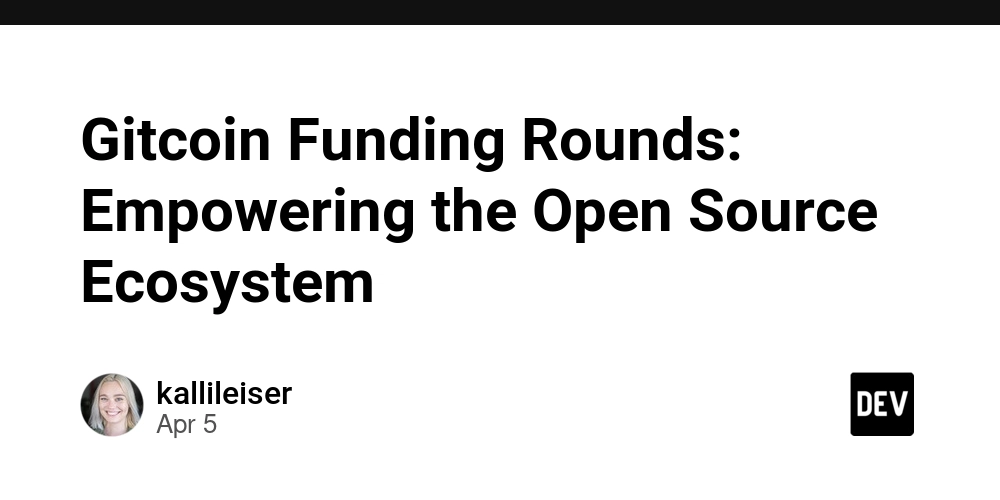
Abstract
Gitcoin Funding Rounds are revolutionizing the way the open source ecosystem is financed. By leveraging blockchain technology and innovative mechanisms such as Quadratic Funding, these rounds provide scalable, community-driven solutions for software developers. In this post, we explore the history, mechanics, key features, applications, challenges, and the future outlook of Gitcoin funding rounds. We will discuss how they empower developers, encourage diversity, and build resilient open source communities while integrating smoothly with emerging technologies like blockchain and DeFi. Using structured data, bullet lists, and authoritative links throughout the post, we shed light on why Gitcoin has become a catalyst for open source innovation.
Introduction
Open source technology is the backbone of the modern digital age. It powers everything from simple web applications to complex enterprise systems. Yet, one of the longstanding challenges has been funding and sustaining these projects. Gitcoin Funding Rounds have emerged as a breakthrough solution, offering both crowdfunding and grants powered by blockchain finance. This mechanism is not only transforming developer support but is also redefining sustainable funding models in technology. In this article, we take a deep dive into Gitcoin’s funding rounds, discuss their core concepts (such as Quadratic Funding), and highlight how these initiatives spark community growth and open source innovation.
Background and Context
The Genesis of Gitcoin
Gitcoin was founded in 2017 by Kevin Owocki with the goal of addressing the financial hurdles faced by independent open source developers. Before Gitcoin, most open source projects struggled with inconsistent funding, often relying on donations, sporadic grants, or corporate sponsorships that came with strings attached. Gitcoin’s model disrupts these traditional funding methods by leveraging decentralized finance (DeFi) alongside a transparent funding mechanism.
Developers on Gitcoin apply for grants during scheduled funding rounds. With funding sourced from sponsors, community donations, and even blockchain-backed identities, Gitcoin channels funds into projects that have broad community support rather than merely relying on large, isolated donations.
Definitions and Ecosystem Context
- Open Source Funding: The process of allocating financial resources to support the development and maintenance of open source software.
- Quadratic Funding: A mathematical and democratic funding mechanism designed to amplify the voice of community support. It matches small contributions with larger funds from a designated matching pool.
- DeFi (Decentralized Finance): An emerging financial ecosystem built on blockchain networks that provides transparency and efficiency without the need for centralized authorities.
- Blockchain: A distributed ledger technology that underpins cryptocurrencies and decentralized networks. For more detailed information, refer to What is Blockchain?.
Gitcoin Funding Rounds are an intersection of these concepts, using blockchain to ensure transparent fund distribution and DeFi principles to create innovative, community-driven approaches to project sustainability.
Core Concepts and Features
Quadratic Funding Explained
At its heart, Quadratic Funding optimizes how funds are matched and distributed based on community contributions. Every dollar contributed by individuals is multiplied by community support metrics. For example, a project receiving ten contributions of $1 each might receive more matching funds than a project with a single $10 donation. This mechanism ensures that projects with widespread community backing are rewarded proportionately.
Grant Matching Pools
Gitcoin organizes grant matching pools sourced from dedicated sponsors, partners, and community funds. During a funding round, projects competing for funds see individual donations automatically matched from these pools. The process is transparent and fully verifiable on blockchain networks, ensuring that every contributor’s voice matters.
Community-Driven Impact
The funding rounds are not just about providing money—they are about sparking community engagement. Gitcoin funding rounds give developers the freedom to focus on creating technology while the community gets involved through:
- Voting for their favorite projects
- Making micro-donations that trigger larger matched funding
This democratic process highlights projects that are of community interest, driving growth and sustainability in the open source space.
Integration with Emerging Technologies
Gitcoin’s approaches are closely intertwined with emerging blockchain and DeFi trends. The integration with these technologies results in:
- Improved transparency: Every transaction is recorded on the blockchain.
- Enhanced efficiency: Smart contracts automate fund matching.
- Global accessibility: Developers around the world can participate and receive support.
- For insight into decentralized finance for project funding, visit DeFi for Project Funding.
Table: Gitcoin Funding Rounds Overview
| Round | Year | Highlights |
|---|---|---|
| Gitcoin Grants Round 5 | 2019 | Showcased Quadratic Funding with over 200 projects, spurring decentralized innovation. |
| Gitcoin Grants Round 8 | 2020 | Expanded the scale of funding with larger matching pools and enhanced community involvement. |
| Gitcoin Grants Round 11 | 2021 | Introduced dedicated funding categories (e.g., climate change, privacy) to address crucial global issues. |
Applications and Use Cases
Empowering Developers
One of the most significant outcomes of Gitcoin funding rounds is the empowerment of independent developers. Without the pressure of constant fundraising, developers can:
- Focus on building innovative solutions that meet real-world needs.
- Leverage community trust to validate their projects.
- Access an ecosystem that prioritizes long-term sustainability.
For example, decentralized finance projects that are entirely open source benefit from Gitcoin’s approach. Consider the case of blockchain developers aiming to build applications that improve financial inclusivity—with Gitcoin funding, they receive both the capital and community validation needed to scale.
Community-Driven Innovation
Gitcoin funding rounds emphasize a crowdsourced approach. Several projects have seen exponential growth because of community trust and involvement:
- Case Study 1: A DeFi governance platform gained traction after receiving multiple micro-donations. The project’s broad support led to significant matching funds, enabling the team to scale quickly.
- Case Study 2: An open source tool used for data privacy was bolstered through dedicated funding categories in the 2021 rounds. This ensured that crucial issues with global importance received the necessary backing.
Enhancing Ecosystem Diversity
Through its democratic funding process, Gitcoin has broadened the spectrum of project types that can thrive. From conventional web development to innovative solutions in decentralized identity and blockchain interoperability, Gitcoin funding supports varied niches across the tech ecosystem.
Challenges and Limitations
While Gitcoin funding rounds are transformative, they are not without challenges:
- Technical Complexity: Quadratic Funding requires precise computation and secure smart contracts. Minor flaws could undermine trust.
- Scalability: As participation scales, ensuring that supply chain funds and matching pools keep pace with incoming donations remains a challenge.
- Adoption Barriers: Developers unfamiliar with blockchain technology or decentralized finance may initially struggle with integration.
- Regulatory Concerns: Navigating potential legal constraints when operating across multiple jurisdictions is complex, which could affect traditional funding channels.
Below is a bullet list summarizing several key challenges:
- Integration Complexity: Smart contract development and auditing are required.
- Scaling Infrastructure: Increased participation demands robust backend infrastructure.
- Regulatory Uncertainties: Varying global financial regulations may present hurdles.
- User Adoption: Educating the community about new funding models takes time.
Future Outlook and Innovations
Scaling Community Involvement
The future of Gitcoin funding rounds looks promising, with patterns pointing to even greater community engagement. As awareness grows about the benefits of open source funding, we expect:
- Higher participation rates
- Larger matching pools funded by increased corporate and philanthropic interest
- More specialized funding categories addressing emerging global challenges
Integration with New Blockchain Technologies
New trends, such as layer-2 scaling solutions and better interoperability protocols, are expected to further streamline the funding process. Gitcoin is uniquely positioned to integrate innovations that enhance transparency and efficiency.
- Check out The Future of Open Source with Blockchain Integration for more on future advancements.
Strengthening Partnerships and Ecosystem Collaboration
The formation of strategic partnerships with industry leaders, academic institutions, and blockchain projects will further bolster Gitcoin’s funding model. For instance:
- Collaborations with companies adopting Gitcoin Funding Rounds help bridge the gap between corporate sponsorship and community-driven projects.
- Enhanced alliances with fintech entities exploring DeFi innovations will bring new funding mechanisms to light.
- To see how industry giants are adopting blockchain for open source funding, visit Gitcoin.
Arbitrum Integration and Community Governance
The integration of Arbitrum, a leading layer-2 scaling solution, is a promising development. By utilizing Arbitrum’s protocols, Gitcoin funding rounds can benefit from:
- Improved transaction speeds and lower gas fees through Arbitrum and Gas Optimization.
- Enhanced community governance models as highlighted in Arbitrum and Community Governance.
- Better cross-chain interoperability provided by solutions such as Arbitrum and Cross-chain Bridges.
- Fostering developer contributions through Arbitrum and Open Source License Compatibility.
- Ensuring robust regulatory compliance with guidelines such as Arbitrum and Compliance Solutions.
Developer and Community Inspiration
Insights from industry thought leaders and success stories on platforms like Dev.to illustrate how Gitcoin funding rounds are inspiring the next generation of developers:
- Exploring Revenue Streams for Open Source Developers: Read more on this insightful post that discusses diversified income sources.
- Unlocking the Potential of GitHub Sponsors for Developers: Learn about alternative funding strategies here.
- Unleashing the Power of Tokenization for Sustainable Open Source Innovation: For strategies on sustainable funding, check out this post.
Summary
Gitcoin Funding Rounds represent a major leap forward for the open source ecosystem. By employing groundbreaking models like Quadratic Funding and seamlessly integrating with the latest blockchain technologies, Gitcoin is ensuring that developers receive the funding required to innovate and excel. This community-driven approach not only democratizes who gets funded but secures the long-term sustainability of open source projects.
Key benefits include:
- Empowering Developers: Allowing independent creators to shine without the financial burden.
- Community Involvement: Enabling widespread support through micro-donations that feed larger matching funds.
- Ecosystem Diversity: Fostering a rich variety of projects and ensuring that niche innovations are not left behind.
As challenges such as technical complexity, scalability, and regulatory hurdles are gradually overcome, the future of open source funding looks bright. With continued enhancements in blockchain integration, DeFi technologies, and community governance, initiatives like Gitcoin Funding Rounds are set to redefine funding paradigms across the tech industry.
For those interested in further exploring these innovations, consider visiting:
By uniting the force of a passionate community with transparent, scalable funding models, Gitcoin is not only supporting technological development—it is building the foundation for a more equitable, innovative, and resilient digital future.
In conclusion, Gitcoin Funding Rounds are an inspiring example of how technology and community can come together to solve long-standing problems in open source funding. They have evolved into a multifaceted ecosystem that supports innovation, nurtures developer talent, and paves the way for sustainable, decentralized funding solutions. With integrations such as Arbitrum enhancing performance and additional partnerships steadily forming, the horizon for open source development has never been more promising.
As the open source community continues to grow and adapt, funding models such as these will be critical to ensuring that every project—no matter how niche—has the opportunity to thrive and contribute to our digital future.












































































































































































![[The AI Show Episode 142]: ChatGPT’s New Image Generator, Studio Ghibli Craze and Backlash, Gemini 2.5, OpenAI Academy, 4o Updates, Vibe Marketing & xAI Acquires X](https://www.marketingaiinstitute.com/hubfs/ep%20142%20cover.png)














































































































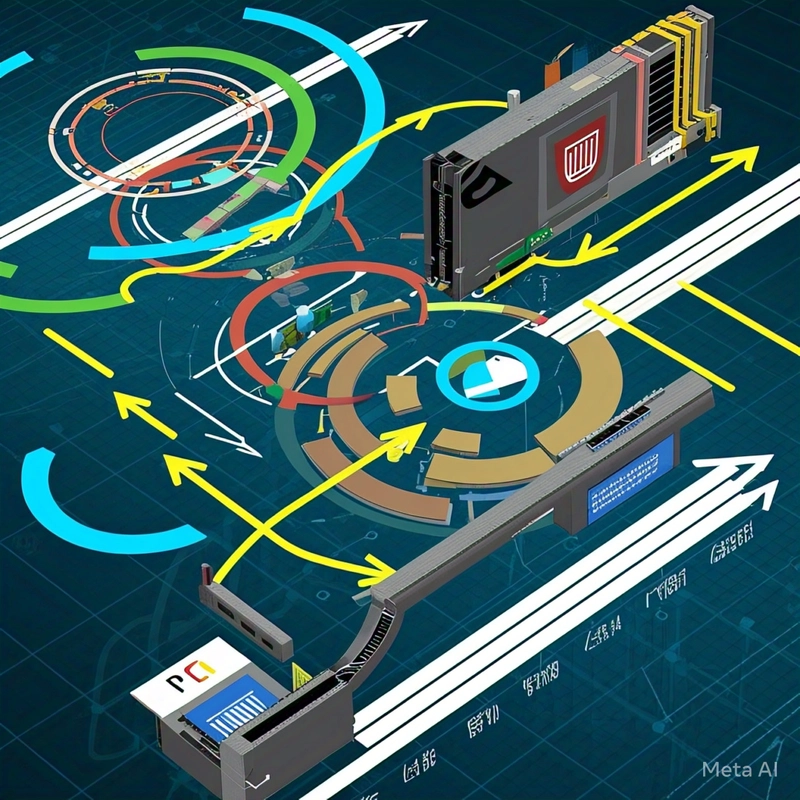
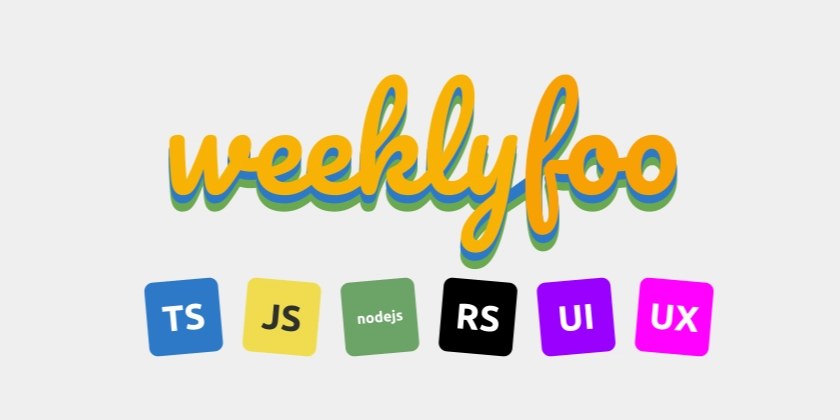

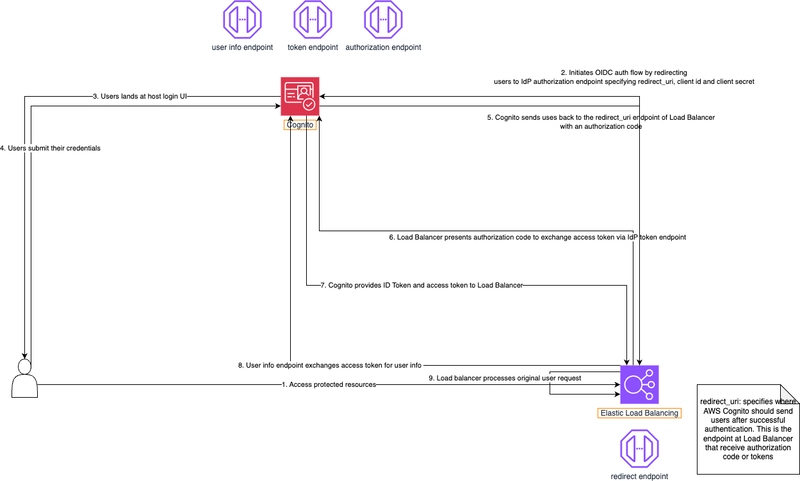









![[DEALS] The Premium Learn to Code Certification Bundle (97% off) & Other Deals Up To 98% Off – Offers End Soon!](https://www.javacodegeeks.com/wp-content/uploads/2012/12/jcg-logo.jpg)


![From drop-out to software architect with Jason Lengstorf [Podcast #167]](https://cdn.hashnode.com/res/hashnode/image/upload/v1743796461357/f3d19cd7-e6f5-4d7c-8bfc-eb974bc8da68.png?#)








































































































.png?#)


































_Christophe_Coat_Alamy.jpg?#)


.webp?#)
 (1).webp?#)



































































































![Apple Considers Delaying Smart Home Hub Until 2026 [Gurman]](https://www.iclarified.com/images/news/96946/96946/96946-640.jpg)
![iPhone 17 Pro Won't Feature Two-Toned Back [Gurman]](https://www.iclarified.com/images/news/96944/96944/96944-640.jpg)
![Tariffs Threaten Apple's $999 iPhone Price Point in the U.S. [Gurman]](https://www.iclarified.com/images/news/96943/96943/96943-640.jpg)















